Guide by: Jake Madoff
Co-Founder | Agreeable & Co.
The principals found within the fields of environmental psychology, ecopsychology, and eco therapy are, at the very least, thought-provoking.
Scientists and academics who study how nature effects the human mind, our emotional states, and our very way of being and feeling the world, have unearthed, in my opinion, some of the most compelling insights into the powers of the natural world.
Yes, it may seem a bit highfalutin and spiritual, but I think this kind of thinking may serve to be helpful when we contemplate our position in the natural world. Nature impacts you in more ways than you can imagine. In short, it has the power to make us happy, healthy, and even give us purpose. See for yourself.
Everything You Need To Know About
Environmental Psychology, Ecopsychology, Eco therapy & Nature Healing
1. Documentaries & Documentary Short Films
It was rather difficult to find documentaries on this new and budding field of environmental psychology and eco therapy. Additionally, as demonstrated by my many searches, these fields seem to exist predominately in academic circles and have yet to reach mainstream media and the film industry. In the end, I was able to find a few documentaries that relate to these topics, but none that address them directly and comprehensively. I’d recommend “In The Mind of Plants”. It’s beautiful and eye-opening.
“2050” – A Documentary on the Future Relationship Humans will Have with Nature
By: Azanta Thakur
“BBC Health Documentary: Alternative Therapies Meditation” – A Documentary Film on The Health Benefits of Meditation
By: BBC Documentary
“In The Mind of Plants” – A Feature Documentary Film on That Explores How Plants Develop & Exist in A Complex, Interconnected Ecosystem
By: ABDH Documentary
“The Botany of Desire” – A Documentary Film on The Secret Life of Plants & How They Influence the Natural World
By: PBS
2. Books
I was very happy to see a large number of books on environmental psychology, ecopsychology, and eco therapy. From what I’ve gleaned from these works, most discuss these topics with a blend of science and spirituality. There is certainly a myriad academic literature to support the healing qualities of nature and natural environments, but there’s also some thought-provoking text around the transcendental aspects of being, or rather, participating, in harmony with nature. “The Earth Has a Soul: C.G. Jung on Nature, Technology & Modern Life”, by Jung, is a fascinating read. Jung is considered to be one of the leaders in psychotherapy. Moreover, “Ecotherapy: Theory, Research and Practice”, by Martin Jordan, appears to be an incredibly interesting and helping piece of writing.
“Ecolinguistics: Language, Ecology and the Stories We Live By”
By: Arran Stibbe
“Healing Spaces: The Science of Place and Well-Being”
By: Esther M. Sternberg
“Coming Back to Life: The Updated Guide to the Work that Reconnects”
By: Joanna Macy
“Spiritual Ecology: The Cry of the Earth”
By: Joanna Macy
“Ecotherapy: Theory, Research and Practice”
By: Martin Jordan
“Ecotherapy: Healing with Nature in Mind”
By: Linda Buzzell
“The Earth Has a Soul: C.G. Jung on Nature, Technology & Modern Life”
By: C. G. Jung
“Ecopsychology: Restoring the Earth, Healing the Mind”
By: Theodore Roszak
3. Talks & Interviews with Industry Leaders, Reporters, Researches & Academics
If you don’t feel you can dedicate the time to reading a book about these environmental and psychological topics, then please consider watching one the videos I’ve selected below. Pardon the assertive tone coming through, but this is a topic I’m passionate about. I studied evolutionary psychology, environmental psychology, and ecopsychology during my undergraduate years at NYU. In my opinion, the TED Talk by Bernie Krause is particularly compelling and fascinating. Additionally, the lecture by Peter Kahn and Scott Sampson is thoroughly spell-binding and moving.
An Interview with, Professor, Dan Dolderman on Environmental Psychology
By: utorontoTV
A University Lecture, “Applying Environmental Psychology Principles to Urban Design”
By: The Teaching, Learning & Technology Center at UC Irvine
A University Lecture, “Human Identity and Environmental Challenges: The Psychology of Sustainability”
By: Tim Kasser on IIT Sustainability
A University Lecture, “Ecopsychology: Reinventing the Human-Nature Relationship in the Digital Age” (Part 1)
By: Peter Kahn & Scott Sampson on UWTV
An Interview with Glenn Aparicio Parry, “Indigenous EcoPsychology, Part One: On Being Human”
By: New Thinking Allowed
An Interview with Ann Filemyr, Director of the TEP Certificate Program of the New Earth Institute, “Transformational Eco-Psychology”
By: Southwestern College – Santa Fe
TED Talk with Bernie Krause: “The Voice of the Natural World” (2013)
By: TED
TED Talk with Louie Schwartzberg: “Nature. Beauty. Gratitude.” (2014)
By: TED
A TEDx Talk: “Get Hooked on Nature” – TEDxRainier
By: Ben Klasky | TEDx Talks (2014)
An Interview with Steven Pinker on Human Nature & Environmental Influences
By: Big Think
An Interview with James Hillman on Changing the Object of Our Desire, Human Nature & Ecological Awareness
By: TreeTV
4. Peer-Reviewed Articles & Research Reports
And here’s the research that may serve as the foundation for so many of the above assertions. I find every one of these academic, peer-reviewed articles to be tremendously interesting. Two articles that are perhaps relatively closer to my heart are, The connectedness to nature scale: A measure of individuals’ feeling in community with nature and Whither environmental psychology? The transpersonal ecopsychology crossroads. The former article crafts a useful technique for looking at how one connects with nature. The latter article provides a nice rundown of the history of this environmental movement, and where the principles and teachings in these fields may lead. On a rather practical note, several of these studies affirm the notion that spending time in natural environments is good for the body and mind. Yes, nature is amazing.
Ecopsychology and Social Work: Creating an Interdisciplinary Framework for Redefining Person-in-Environment
Abstract:
“Social work as a profession has a unique commitment in honoring the dignity and worth of human beings, and believing in the power of human relationships (NASW, 2008). In its approach to helping people, social work has distinguished itself through its dual focus on the person and the environment, a construct which has been widely identified as person-in-environment (Rogge & Cox, 2001). This construct has guided social work to engage in the empowerment of the individual and of society; however, it is a construct that has been criticized for its exclusion of the natural world. This paper examines the person-in-environment construct in social work and introduces deep empathy and ecological empowerment as important strategies of connection with the natural world. The paper also examines strategies of disconnection that negatively impact individual and planetary well-being. The implications of redefining person-in-environment to include the natural world are examined for both fields of social science.”
The connectedness to nature scale: A measure of individuals’ feeling in community with nature
Abstract:
“Five studies assessed the validity and reliability of the connectedness to nature scale (CNS), a new measure of individuals’ trait levels of feeling emotionally connected to the natural world. Data from two community and three college samples demonstrated that the CNS has good psychometric properties, correlates with related variables (the new environmental paradigm scale, identity as an environmentalist), and is uncorrelated with potential confounds (verbal ability, social desirability). This paper supports ecopsychologists’ contention that connection to nature is an important predictor of ecological behavior and subjective well-being. It also extends social psychological research on self–other overlap, perspective taking, and altruistic behavior to the overlap between self and nature. The CNS promises to be a useful empirical tool for research on the relationship between humans and the natural world.”
Whither environmental psychology? The transpersonal ecopsychology crossroads
Abstract:
“This paper considers the nature, status and direction of ‘ecopsychology’ and its relationship to psychology and environmental psychology. A brief historical perspective is provided, along with an examination of what is currently encompassed by the term, and by whom, with a particular focus on the writings of Roszak (1992). An attempt is made to separate social movement from changing social representation and to distinguish psychological content and focus from ideology, individual and societal change agenda, and popular culture. The paper gives particular attention to the nature and role of ‘self’ as ultimate target and agent of meaningful change, both in the context of conservation initiatives and with respect to therapeutic encounter/intervention. The nature and expression of ecopsychology in Australia are also briefly explored, as are the representations of indigenous ‘earth wisdom’ and spirituality as touchstone for ecosystem ‘sanity’. Three final questions are posed and discussed in the paper. What does ecopsychology offer psychology? What does psychology have to offer ecopsychology? Can environmental psychology encompass ecopsychology? The prognosis for environmental psychology and the greening of psychology is explored.”
Inclusion with Nature: The Psychology Of Human-Nature Relations
Abstract:
“Human survival is directly tied to our relationship with the natural environment. Achieving a sustainable lifestyle depends on establishing a balance between the consumption of individuals, and the capacity of the natural environment for renewal. Yet, we often act as ifwe are separate from nature — as if we can get along without nature. Indeed, built environments serve as barriers between individuals and the natural environments in which they live. Offices, schools, homes, cars, restaurants, shopping malls, and many other built environments segregate people from nature. This chapter examines the implicit connection that individuals make between self and nature, and the impact of built environments on these implicit cognitions. A psychological model for inclusion with nature is presented, containing cognitive (connectedness), affective (caring), and behavioral (commitment) components. Implications for theory, design, and sustainability are discussed.”
Health effects of viewing landscapes – Landscape types in environmental psychology
Abstract:
“The study provides an overview of the relationships between health and landscapes arranged in an accessible format, identifying gaps in our knowledge requiring further research. The identification of quantifiable landscape attributes that affect health is seen as an important factor in enabling future landscape design to be of benefit to human health.”
Trancendent Experiences in Forest Environments
Abstract:
“People who visit, work or live in forests (n=131) described a transcendent moment in a forest, providing written responses to open ended questions regarding the cause, thoughts, and behaviour associated with the event. Participants also rated the episode on a number of scales measuring characteristics of transcendence such as sense of union and timelessness, and broader appraisal dimensions such as complexity, novelty and causality. Appraisal patterns, identified through principal components analysis, suggest that transcendence in forests varies on three major dimensions: fascination, novelty and compatibility. The paper discusses broad classifications of transcendent experience in forest and considers the implications for understanding the spiritual meaning of nature.”
On adventure therapy and the natural worlds: Respecting nature's healing
Abstract:
“Some forms of adventure therapy and adventure programming rely heavily on the outdoors to achieve their objectives of client change. Due to the dominant paradigm in psychology and psychotherapy, the natural worlds are not always considered to be a factor in the curative relationship, the effectiveness of therapeutic interventions being credited to program design, facilitation, and small group dynamics, among others. This paper argues for a paradigm shift in adventure therapy and adventure programming, to accept and honor the healing powers of nature and to re-conceptualize adventure therapy as an “ecology of healing” which includes human factors as well as the natural worlds.”
Green space as a buffer between stressful life events and health
Abstract:
“This study investigates whether the presence of green space can attenuate negative health impacts of stressful life events. Individual-level data on health and socio-demographic characteristics were drawn from a representative two-stage sample of 4529 Dutch respondents to the second Dutch National Survey of General Practice (DNSGP-2), conducted in 2000–2002. Health measures included: (1) the number of health complaints in the last 14 days; (2) perceived mental health (measured by the GHQ-12); and (3) a single item measure of perceived general health ranging from ‘excellent’ to ‘poor’. Percentages of green space in a 1-km and 3-km radius around the home were derived from the 2001 National Land cover Classification database (LGN4). Data were analysed using multilevel regression analysis, with GP practices as the group-level units. All analyses were controlled for age, gender, income, education level, and level of urbanity. The results show that the relationships of stressful life events with number of health complaints and perceived general health were significantly moderated by amount of green space in a 3-km radius. Respondents with a high amount of green space in a 3-km radius were less affected by experiencing a stressful life event than respondents with a low amount of green space in this radius. The same pattern was observed for perceived mental health, although it was marginally significant. The moderating effects of green space were found only for green space within 3 km, and not for green space within 1 km of residents’ homes, presumably because the 3-km indicator is more affected by the presence of larger areas of green space, that are supposed to sustain deeper forms of restoration. These results support the notion that green space can provide a buffer against the negative health impact of stressful life events.”
Psychological effects of forest environments on healthy adults
Objective:
“Shinrin-yoku (walking and/or staying in forests in order to promote health) is a major form of relaxation in Japan; however, its effects have yet to be completely clarified. The aims of this study were: (1) to evaluate the psychological effects of shinrin-yoku in a large number of participants; and (2) to identify the factors related to these effects.”
5. Blog Articles & News Reports
These articles help to synthesize some of the more academic and scientific language found in the above research articles. I selected these works, however, not only because they help to understand the science within the discipline, but also because I find the opinions expressed by these authors to be enlightening and useful. As always, feel free to poke around and add articles you know of, and like on this topic, in the comments section.
Natural settings lower stress: Applying the science of environmental psychology
By: Dr. Dillon – of The Straits Times
How Nature Resets Our Minds and Bodies
By: Adam Alter – of The Atlantic
Article on Eco-Therapy
By: Linda Buzzell – of The Huffington Post
The healing effects of forests
By: USDA Forest Service, Pacific Northwest Research Station
Going Green Benefits Physical, Mental Health
By: Rick Nauert PhD
Going on a Techno-Fast: Taking a Break From the Virtual World
By: Richard Louv – of The Huffington Post
7 (Scientific!) Ways Nature Makes You Happy And Healthy
By: Teresa Manring – of The Alternative Daily
E.O. Wilson explains why parks and nature are really good for your brain
By: Chris Mooney – of Washington Post
Hey people! My name is Jake. I’m the Co-Founder of Agreeable & Co. I’m an Environmentalist, Social Entrepreneur, Writer and Developer. Besides making people- and planet-friendly products more accessible through Agreeable & Co., I run an online research guide for sustainable, ethical, and healthy products, called Greener Square (which is slowly transitioning to Agreeable & Co.); and helped to start an award-winning trade and barter app, called TradeMade, that measures and tracks one’s carbon footprint. I also recently graduated from New York University, where I studied corporate sustainability, environmental ethics, and ecological science. In a word, conscious consumption and overall healthy, low-impact living is my jam. I also like jam.
Have a question? I’ll answer.
New & trending kits.
Hippie Soulstice: Everyday Eco Ethical Fashion, Handmade w/ Upcycled Fabrics
How To Save Money, While Reducing Paper Waste in Your Kitchen #ZeroWasteKitchen
How to Be Green & Energy Efficient at Home, Using New Modern Tech
Minimalist Eco Ethical Clothing: Jackets, Tops, Shoes & More, in Black
5 Top Reviewed, Best Apps for Stopping, Combating Climate Change
How to Reduce Your Carbon Footprint: 5 Best Green Tech Essentials
Get on the list.


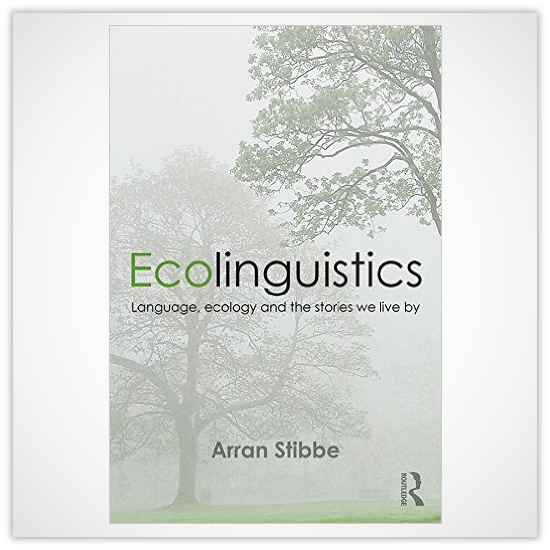
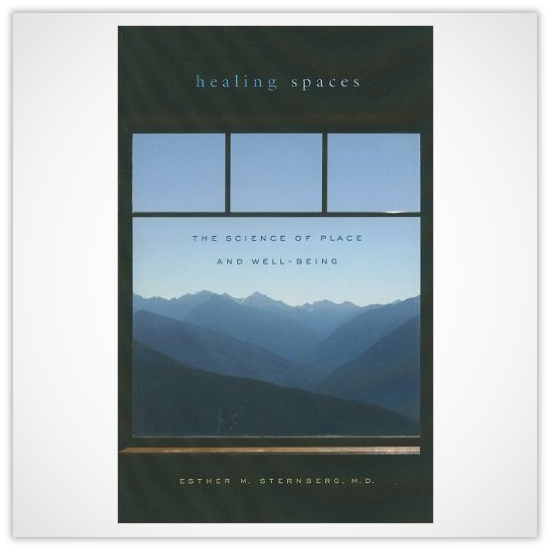
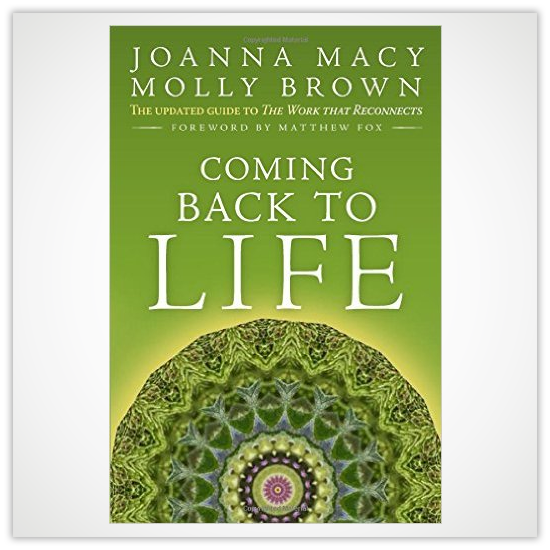
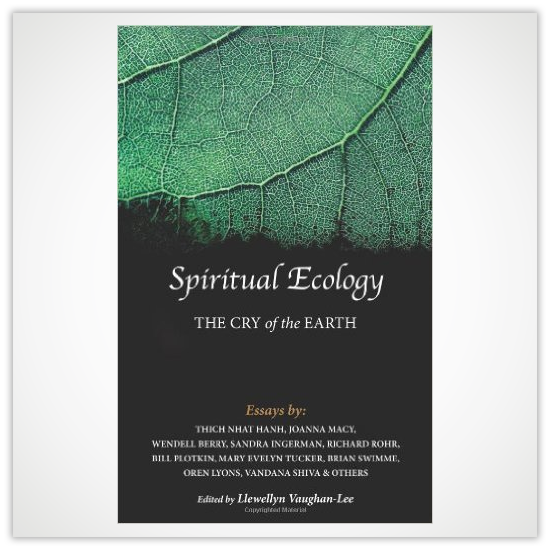
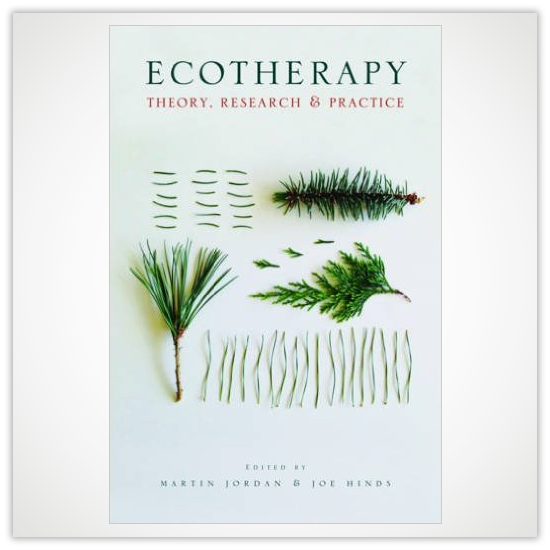
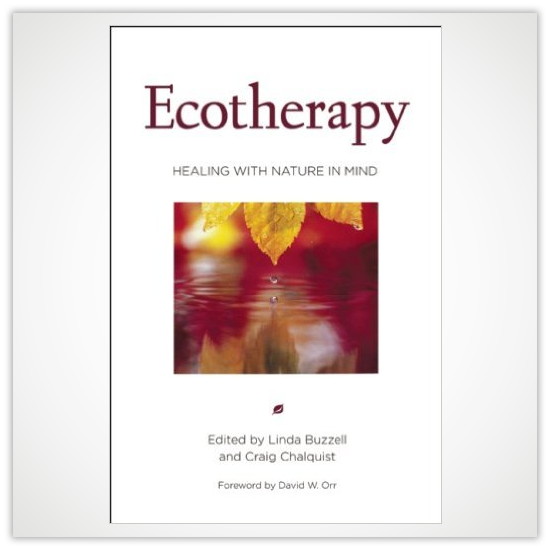

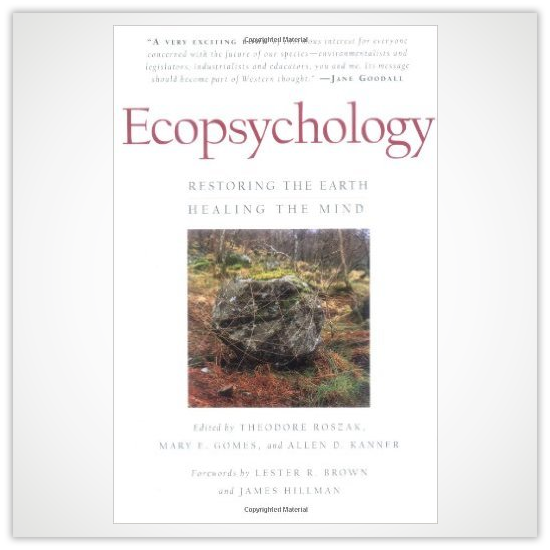




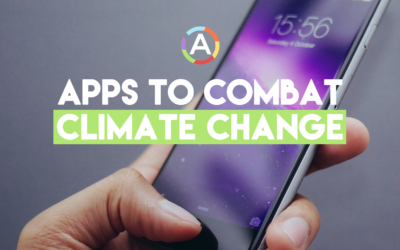
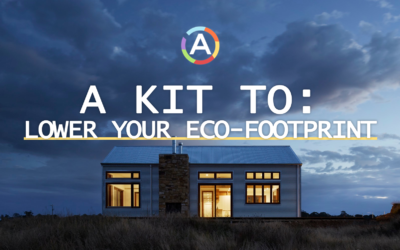

0 Comments